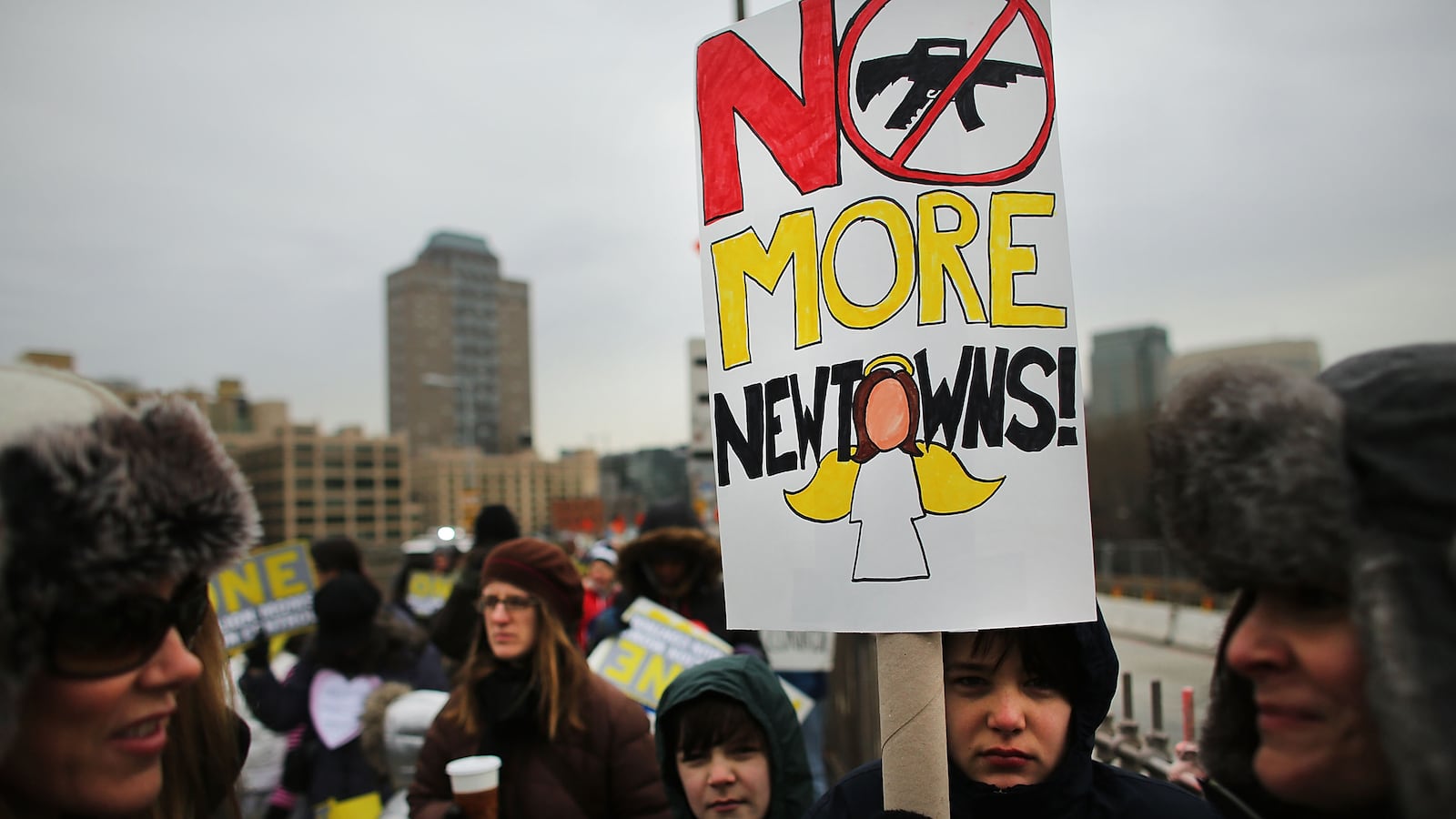Google claims today that there are 1,790,000 websites that have the phrase "the meaning of the Exodus story." (By now probably more—including this one.) The Exodus, of course, has many meanings—and two major motion pictures. John Adams wanted the splitting of the Red Sea to be on the Great Seal of the newly minted United States of America. This plethora of interpretations should make one hesitate before offering new meanings to this ancient event which has inspired millions of people over millenia.
I want, instead, to resurrect an interpretation first offered 107 years ago in a small town in eastern Poland by a Rabbi whose name was Aharon Shmuel Tamares. Tamares pointed to an interesting detail in the Biblical story. After commanding the Israelites regarding the Passover sacrifice, and telling them that they need to put the blood of the sacrifice on their doorposts, and further telling them that He was going to kill all the Egyptian firstborns, God says: "None of you shall go outside the door of his house until morning." (Exodus 12:22)

Tamares suggests that this detail is actually central to the story. In the retelling of the story at the annual seder, we read that God personally destroyed the Egyptians without outside aid—angel or human. Why didn't God empower the Israelites to wreak vengeance on their enemies who were evil people? This, then, is the meaning of the Exodus. God did not want Israel to witness the violence inflicted on the Egyptians so as to stop the cycle of violence. God knew, says Tamares, that all violence leads to more violence. The victim who takes up sword or fist will eventually become the predator—and the cycle will continue. In an attempt to stop the cycle, God did not allow the Israelites to be involved in this necessary violence, so as to stop the use of violence right then.
Well, this didn't work out as planned and violence continues (and victims daily become predators). However, every year when we celebrate the Exodus with the words "I, God wreaked vengeance on the Ancient Egyptians, I myself," we are challenged to renew our commitment to nonviolence—to recalling that violence is a tool that can only be used by God, if at all—because once used, it is always used again. A "good guy with a gun" does not stop "a bad guy with a gun," rather the "good guy" with the gun continues the cycle of violence and eventually becomes the bad guy. The only way to break the cycle is at the root. The only way to stop the bad guy is to make sure he does not have a gun.
In the current climate, where our Congress is debating whether or not to ban weapons of war from private ownership, we are far from this ideal situation. We cannot even agree that implements of violence whose only purpose is to kill many, many people do not have a place in our society. In this time when every week there are more victims of gun violence than there were in the Sandy Hook Elementary School on that tragic December day—we cannot even agree that violent intimate partners with restraining orders against them should surrender their weapons.
Passover is a time of transformation, hope, and redemption. To get from here to there—if there is a country, and ultimately perhaps a world without violence—we have to transform our culture. We have to pass laws that will ban the weapons of destruction, but we also must go after the gun industries whose sole product is death. There are some three hundred million guns in private hands. In order to deal with those guns we must change the gun cultures in this country. The urban gun culture and the rural gun culture. We must change our understanding of masculinity so that it doesn't necessitate violent resolutions to conflict. We must prize the first amendment and the speech it allows more than the second amendment and the speech it denies.
This is a tall order. It is a plan for years, not weeks or days. Yet in its time Biblical Egypt symbolized the regime that could not be changed. Passover reminds us that change is possible. The possibility to change an immovable culture is God working in the world. As a first step, perhaps we can agree that private citizens should not own weapons of war.





